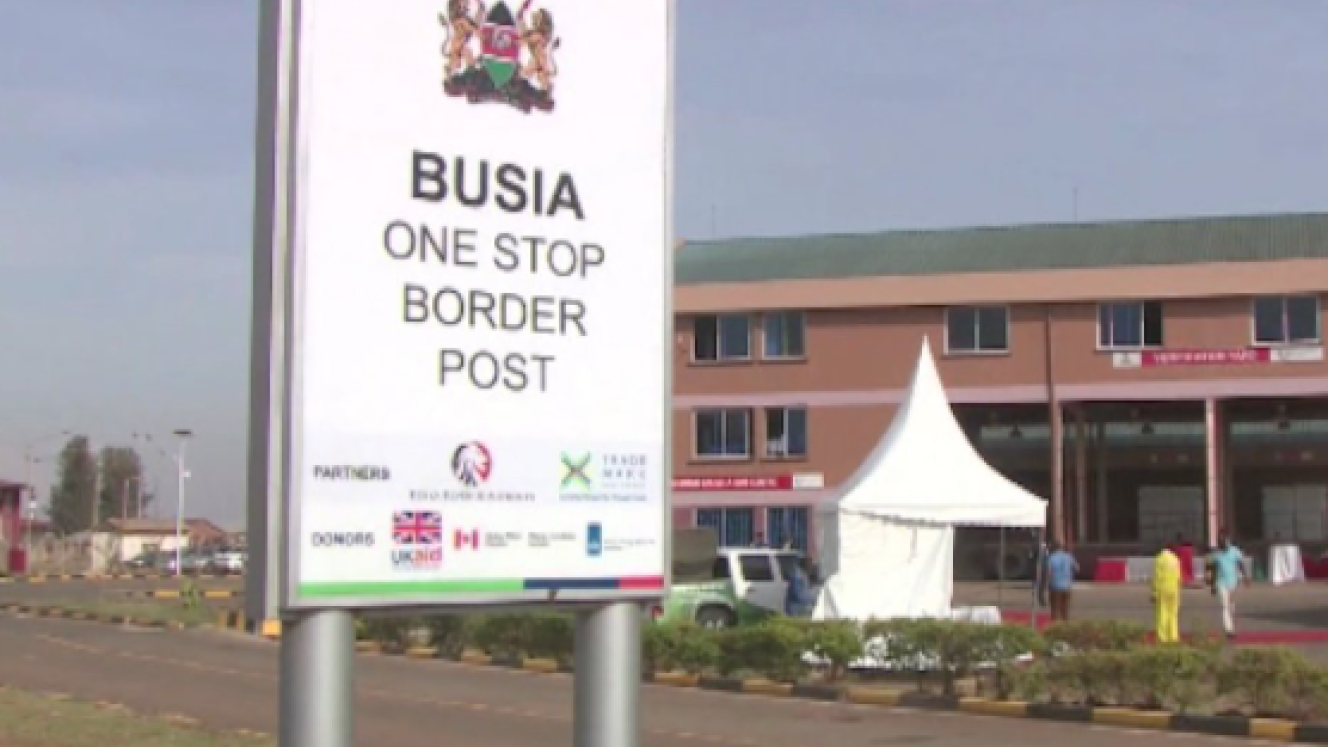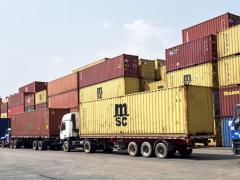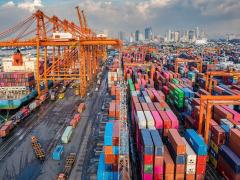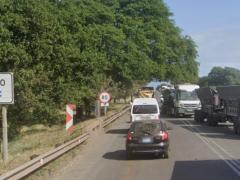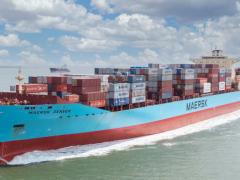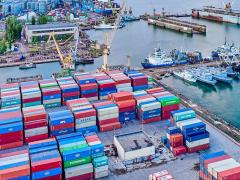Bilateral trade disagreements between Uganda and Kenya have sparked a sharp decrease in trade figures for the region, generally regarded as the best economic bloc in Africa because of its shared constitution and executive powers – the East African Community (EAC).
From a high of 21% in 2015, intra-EAC trade dipped to 14% in 2021, mainly because of persistent quarrelling between two of the bloc’s leading members.
Reports from the EAC region state that the Busia One-stop Border Post and the all-important Malaba crossing further north are feeling the effects of a worsening trade relationship between Kenya and Uganda.
Whereas border posts like Malaba used to be hailed by trade facilitators across the continent for having very few - if any - non-tariff barriers (NTBs), increasingly there’s congestion at Malaba as well as Busia as Kenya and Uganda continue to introduce NTBs.
Kenya stands accused of stiff import fees, especially by its Agriculture and Food Authority, and trade information between the two countries isn’t always aligned.
Earlier this month it took high-level intervention from EAC officials to persuade Uganda to accede to border-harmonised Covid protocol after it instituted tough testing measures, delaying inbound trucks for days.
The decision to break with antigen testing accepted elsewhere across the EAC, opting rather for PCR tests that can take up to three days before results come back, and which are far more costly, resulted in a transporter strike on the Kenyan side of the Malaba border.
At one stage trucks queued for 80 kilometres as crossing into Uganda became congested.
Apart from NTBs at the Malaba border itself, Kenya’s single-lane road on the A104 doesn’t help much when traffic starts building.
